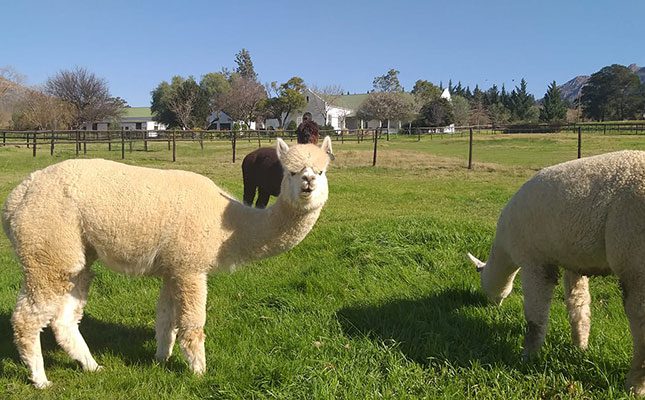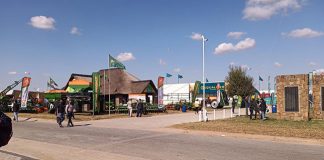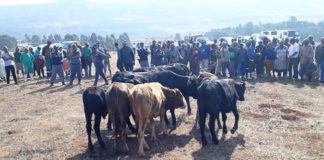
According to the FAO, camelids, including alpacas, Bactrian camels, dromedaries, guanacos, llamas, and vicuñas, significantly contribute to food security, nutrition, and economic growth.
In South Africa, alpacas are now a registered breed, with breeders and owners supported by the South African Alpaca Breeders’ Society.
Alpacas in South Africa are farmed for their fibre, as breeding stock, and they are also sold as pets and for their highly effective guarding of sheep flocks.
According to the South African Alpaca Breeders’ Society, alpacas are bred specifically for their soft, luxurious fibre that can be crafted into wool, felt, duvets and fashion garments.
Society president Alison Notley said they were celebrating this declaration of 2024 that gave extra exposure to the camelid industry in South Africa “…with particular reference to the alpaca, which is one of four species of ‘new world camelids’, the others being the llama, guanaco and vicuña”.
“The alpaca was introduced to South Africa in 2003, and the national herd has grown considerably, along with increased interest in these extraordinary animals,” Notley said.
“Their fleece is rated one of the finest animal fibres on the planet. Garments made from alpaca is non-allergenic, has an extremely high comfort factor, is exceptionally fine, and is five times stronger than sheep’s wool. In addition, there are 22 natural colours and shades of alpaca fibre, making the alpaca the most colour-diversified fibre-bearing animal in the world.
“It is also one of the most eco-friendly animals. Alpacas are small drinkers, they are drought-tolerant, and they also have the ability to extract the best nutrition from poor grazing. The breeding of alpacas in South Africa has assisted in creating local employment since many breeders process their alpaca fibre ‘cottage-industry’ style.”
Internationally, according to the FAO, camelids play an important role in advancing the UN’s Sustainable Development Goals related to the fight against hunger, the eradication of extreme poverty, the empowerment of women and the sustainable use of terrestrial ecosystems.
“From providing milk, meat and fibre for communities to transport for products and people, and organic fertiliser, camelids thrive where other livestock species cannot survive. Camelids play a key role in the culture, economy, food security and livelihoods of communities in the Andean highlands and in arid and semi-arid countries in Africa and Asia,” the FAO said.












